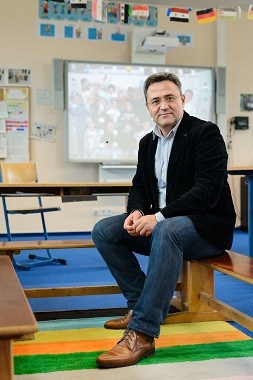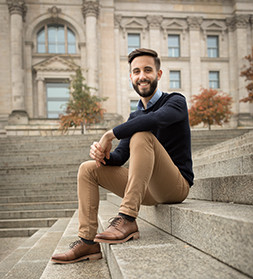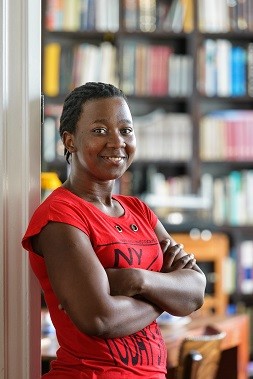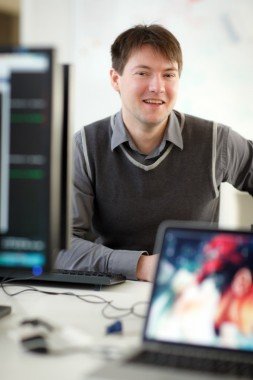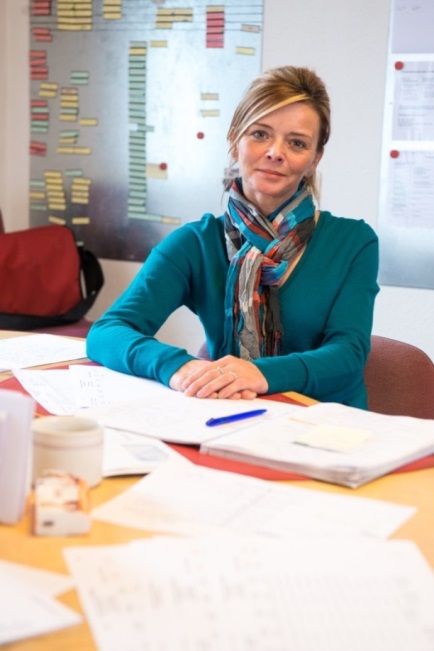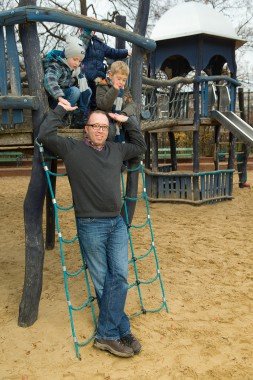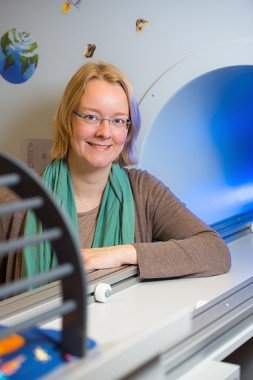Emigration: Often Just a Temporary Farewell!
Bochum, Germany/Montpellier, France, March 2015. Do German skilled workers go abroad because they expect the red carpet treatment? And are the ones who return really usually ‘the failures’? The current number of more than 100,000 Germans who emigrate every year are mostly young, highly skilled and without family ties or childless couples. The most popular destinations are Switzerland, the USA and countries in the European Union such as Austria, Poland or the United Kingdom. The emigrants are motivated by diverse factors: the desire to experience new things is just as much of a driving force as professional reasons or partnerships. Family is one of the main reasons people return to Germany. Even though many have to accept financial losses upon return (one exception is highly skilled professionals), most experience a considerable improvement in their social lives back in Germany, i. e. the social environment is thus a strong factor in the choice of location. Academics and managers are significantly overrepresented among returnees – just as they are among emigrants. By no means is it then just ‘the failures’ who return to Germany. But a strong social environment and professional success do not necessarily keep returnees in Germany for the rest of their lives. More than half of those who have already lived abroad would like to go abroad again in the future.
Even though overall slightly more Germans emigrate than return, the international mobility of Germans should not just be viewed as a loss, but also as an opportunity because Germany benefits in a variety of ways from the new experiences, knowledge and social networks of German emigrants and returnees.
We would like to present two researchers who left Germany to work abroad: Sarah Weigelt who, after completing her doctorate, conducted research at MIT and then returned to Germany with her family after two and a half years. And Malik Lutzmann, who found excellent working conditions as a researcher in France. But they are only one reason he cannot envision returning to Germany any time soon.
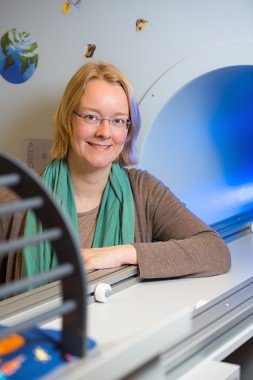
Sarah Weigelt studied psychology and philosophy in Duesseldorf where she met her husband. After completing her doctorate in psychology/cognitive sciences at the University of Maastricht in the Netherlands, the next logical career step for Sarah Weigelt and her husband was a post at a renowned American university. Her application as a Postdoctoral Fellow at the prestigious Massachusetts Institute of Technology (MIT) was received with great interest and both decided to take the risk – her husband didn’t have a full-time job at the time – and head to the east coast of the USA. For Sarah Weigelt, who had spent several months as a child with her parents in South America, it seemed like a manageable adventure. Maybe also because it was clear from the very outset that their residence would be temporary and not all of their ties to Germany would be severed. “For me especially, it was never a question that we would return to Germany, but it was clear that we would stay for at least two years.ʺ Which is why they both focused most of their energy on their jobs and benefited from the ideal working conditions at MIT. “It was no surprise that our work-life balance during this time was less than ideal and we pretty much didn’t have any social contact outside of our professional relationships.ʺ After their first child was born, both planned to return to Germany. Their return needed to be strategically planned because they wanted to return at the same time. Her husband found a non-academic position first, and Sarah Weigelt applied for a return fellowship with the German Academic Exchange Service (Deutscher Akademischer Austauschdienst – DAAD). The problem was that the fellowship was only approved for six months and it was initially unclear what kind of employment would follow. Other return programmes would have required a much longer lead-time and separating the family wasn’t an option for either of them. As a result, their return proved to be much more complicated than hoped and Sarah Weigelt was briefly unemployed. “The professorship in Bochum was a true blessing for me. We were finally able to bring together job, family and friends under a single roof again.ʺ Ms. Weigelt still benefits from the many contacts she made during her time at MIT. Many colleagues have become friends and the researchers, who are now scattered across the globe, continue to share knowledge and information with one another. Sarah Weigelt belongs to the 50 per cent of returnees who can imagine going abroad again in the future. According to her, this would also be enriching for her children, of which there are now two. The conditions for a residence abroad would also be much better now thanks to her position as a professor. But she can still only imagine staying temporarily, maybe a research semester. “I still see my professional career here in Germany.ʺ
As a biochemist, Malik Lutzmann conducts research in the field of genetics and found stable prospects early in his career in France, where he has been living since 2004. After completing his Abitur (high school diploma with qualification for university admission) and civil service, he studied chemistry in Freiburg and then pursued his doctorate in Heidelberg. Having visited France often on family holidays, he has felt an affinity for the country since he was a child. In 2004, because he wanted to work in academic research after his doctorate, he received a grant to go to Montpellier to the Institute of Human Genetics of the French National Centre for Scientific Research (CNRS), the largest government research organisation in France. He worked there as a post-doc under excellent conditions on a research topic that did not exist in this form at any other German institute. Through the French concours system, the selection process for civil servants in France that recruits for academic research independently of nationality, Malik Lutzmann was appointed to a life-long civil servant post as a CNRS researcher at the age of 36 after four years. This makes it possible for him to work within the CNRS institutes throughout France.“I was lucky that I never had to ask myself how to move forward in my career. In Germany, it would have taken much longer to get a permanent position in academic research, if ever.ʺ Malik Lutzmann doesn’t rule out returning to Germany in theory, but at the moment he sees his future more in France: it is more likely that his partner, who is from Lebanon and currently looking for a job in biochemistry, will find a suitable position in France. Both of them are happy with their current situation. “For us, the trade-off between earning less than a professor or even in the private sector in Germany and having the sun and sea is worth it.ʺ The move to France didn’t feel like a big step to him – friends and family visit him several times a year – and there were hardly any bureaucratic hurdles. Although the language in the lab is English, he started leering French during his doctorate because “if you really want to take part in life here, you have to speak Frenchʺ.
You can find detailed information about emigration and return migration in the publication Internationally Mobile. Motivations, Determining Factors and Impacts of the Emigration and Return Migration of German Citizens.

